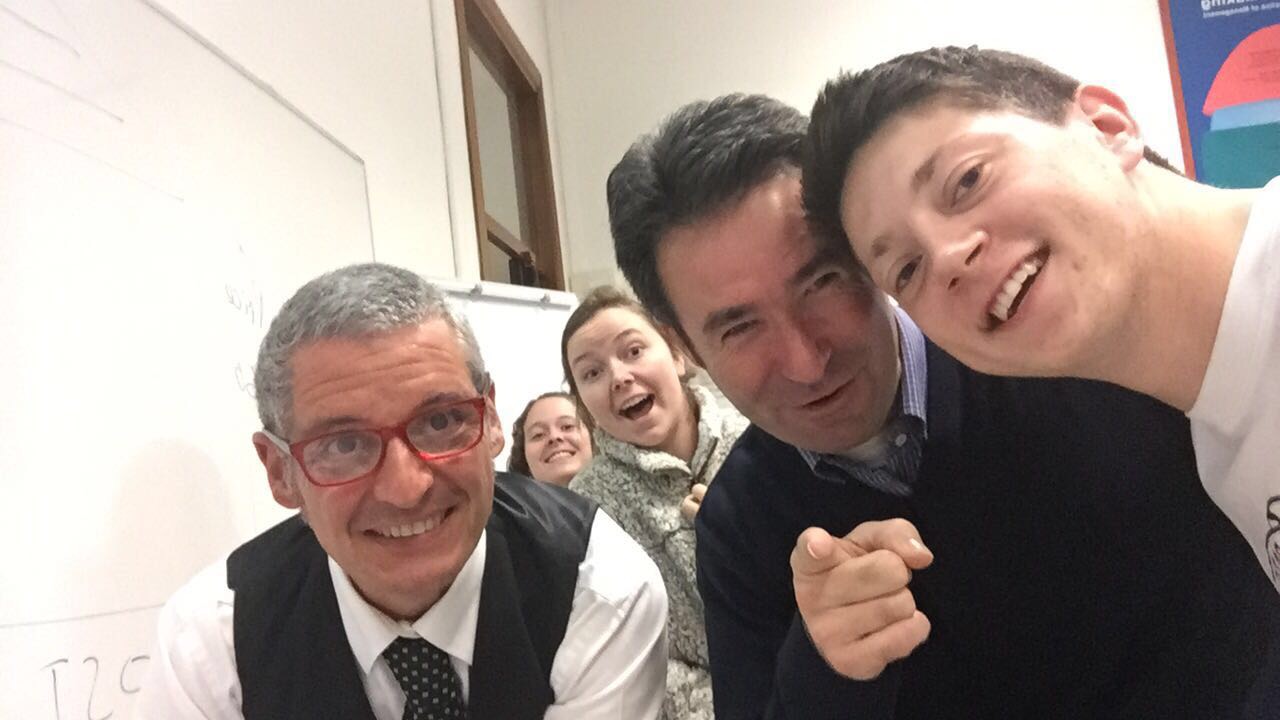
The Study Part of Study Abroad
Written by Adam November 28, 2016








Wait, study abroad is more than going to cool places and meeting new people? Well yeah… you’re really there to learn and get good grades. Good grades may not be as cool to talk about as my trip to Paris this past weekend, but they’re still important. I’m going to talk about the type of teaching teachers use in this new environment and the most effective ways to study based on my experience.
Firstly, there are more than just teachers from your home universities here. But even the American professors teach differently than they would back home. Class sizes are small (my biggest class is 18 people), which promotes more discussion-based classes than lectures. It’s nice change of pace being engaged in what you’re learning and not being fearful to raise your hand and disrupt a lecture. Secondly, there are no multiple choice exams at CIMBA. I see it as a positive because for some classes it gives you the freedom to use examples and voice your argument about what you think is the right answer. The questions aren’t always super straightforward so there might not be just one or two right answers.
Then there are international teachers. It does take getting used to some of the learning curves with European-style teaching, but it’s definitely put pressure on me to work harder and be more mindful about slight changes in different cultures. The European grading system is much more subjective, rather than the black-and-white, right-or-wrong answer system I’m used to in America. Teachers take into account your arguments and views when writing essays or short-answer exam questions. I’ve definitely built good relationships with the professors here because of this.
Now, let’s talk about exams. There aren’t too many homework assignments or quizzes, so a lot of the weight falls on tests. Most classes have 3 exams, including finals (which I can’t wait to talk about when they roll around). I recommend studying in a group and bouncing ideas off of each other and note what you believe is important. Then, go study by yourself to help retain the info. You’ll know all the people in class and you’re more than likely going to be friends with them too, so don’t be afraid to ask if they want to study together for a little.
‘Til next time,
Adam










